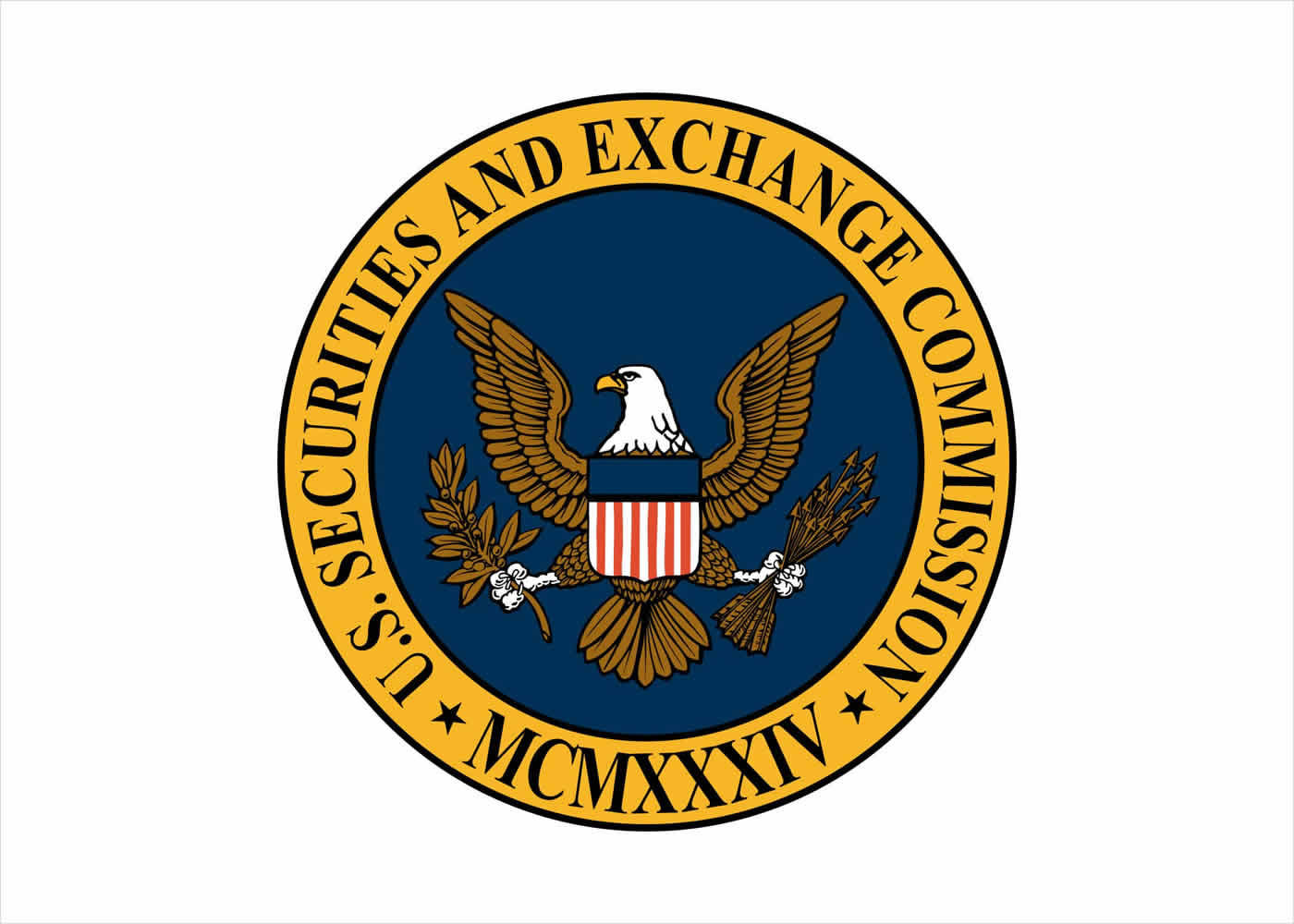Three Things You Should Know about the Revised Conflict Minerals Rule

#1: Know How to Categorize your Products: The SEC issued a statement on April 29, 2014 on the effect of the recent Court of Appeals decision on the SEC's Final Rule on conflict minerals (as embodied in Exchange Act Rule 13p-1 and Form SD). This stated that the June 2, 2014 filing deadline remains in force, but that issuers are no longer required to describe their products as "DRC conflict undeterminable" nor as "not found to be 'DRC conflict-free'" in their Conflict Minerals Reports.
#2: Understand your Auditing Requirements: The SEC also eliminated the audit requirement for companies that do not choose to describe their products as "DRC conflict free." The SEC statement indicated that only a company that voluntarily describes a product as "DRC conflict-free" in its Conflict Minerals Report must obtain an independent private sector audit (IPSA). If it stays in place, this decision will reduce potential costs for companies for future compliance.
For the products that fall into the categories of "DRC conflict undeterminable" or "not" found to be DRC conflict-free, companies must still disclose the facilities used to produce the conflict minerals, the country of origin of the minerals, and the efforts to determine the mine or location of origin. However, issuers are no longer required to use the specific phrases to describe those products.
#3: Plan for the Future: The rule will now be sent back to the lower court for additional proceedings. Among other matters, the lower court will determine whether this Court of Appeals decision also applies to the underlying legislative statute in addition to the SEC interpretation of the statute. The SEC also has the option to appeal this decision to the U.S. Supreme Court.
If the SEC does not choose to appeal this decision, a likely path forward for an updated version of the rule may include a centralized list of products compiled by the SEC that are known to contain minerals that fund or may fund conflict in the Congo region. In their arguments before the court, the plaintiffs suggest that the government could compile its own list of products that it believes are affiliated with the war in the Congo, based on information issuers submit to the Commission.
Topics:
Compliance Excellence
Related
About the Author
Kirsten Wallerstedt
Kirsten Wallerstedt is a Senior Regulatory Analyst with 3E Co., where she tracks regulatory news from around the globe, looking for upcoming regulations or proposed laws that would affect clients' supply chains if and when they come into effect.
